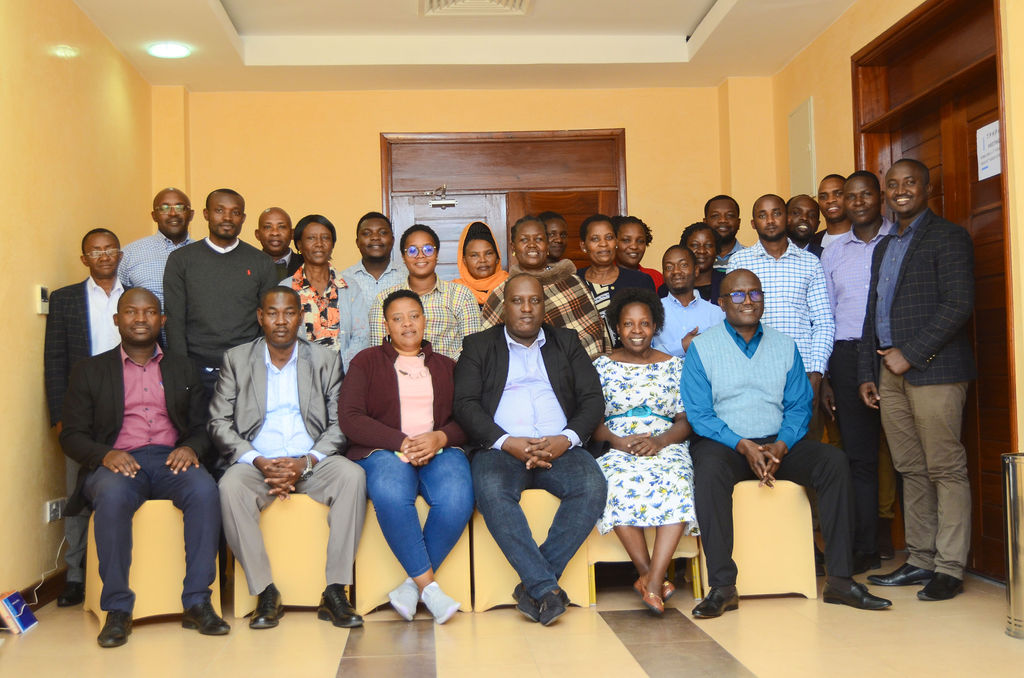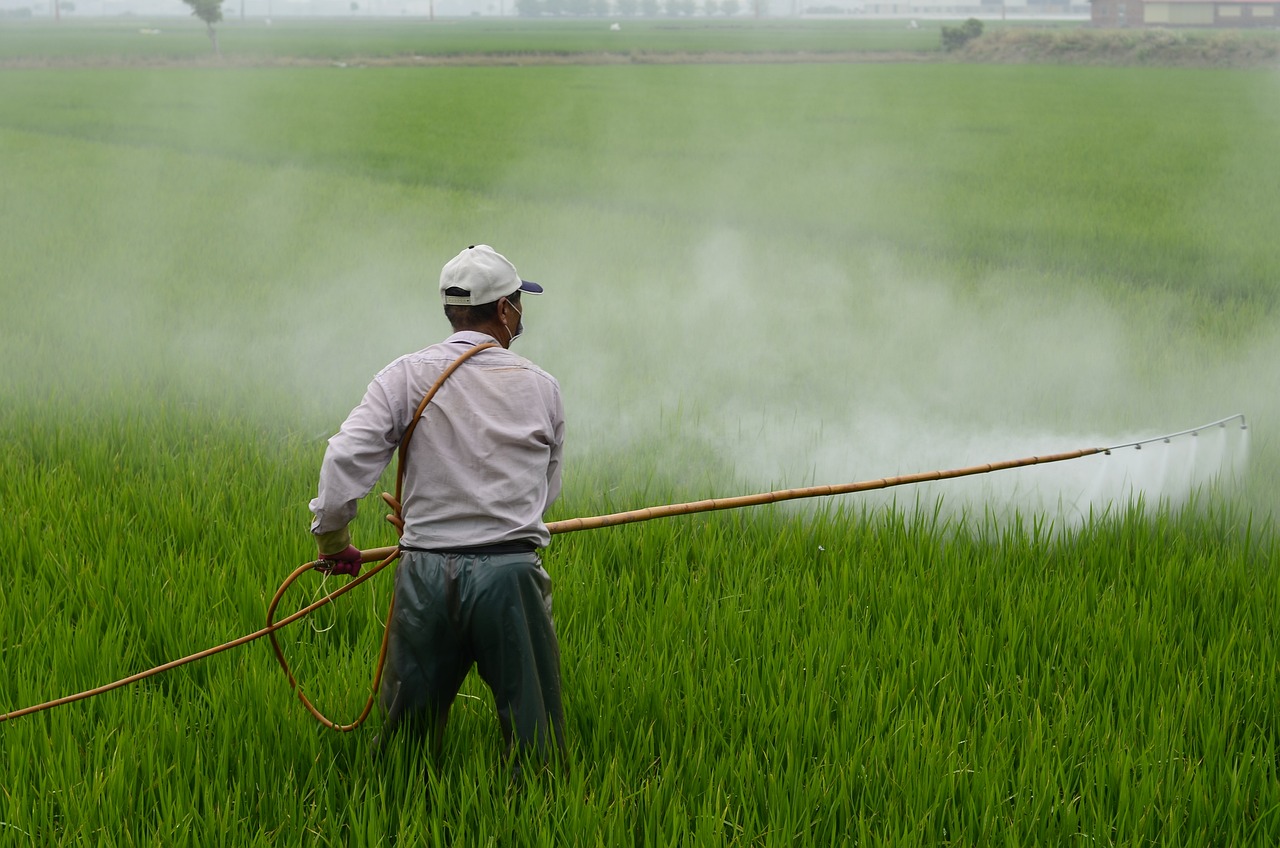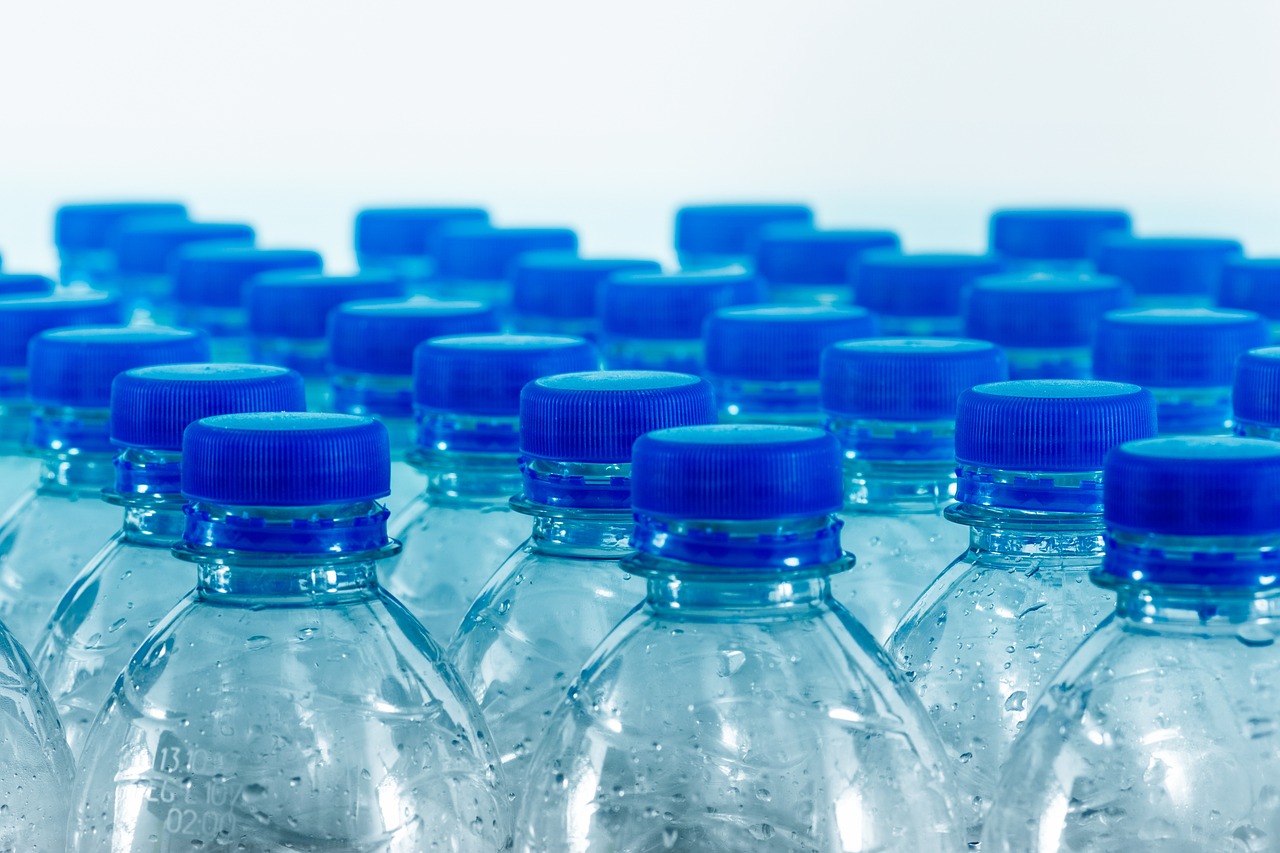On August 13-14, 2024, CEJAD participated in a training workshop in Arusha, Tanzania, bringing together key stakeholders for a study on pesticide poisonings. This study is part of our project on Pesticide Suicide Prevention in collaboration with the government of the United Republic of Tanzania. The study is led by the Tanzania Plant Health and Pesticides Authority (TPHPA), in partnership with the Ministry of Health and other relevant agencies and stakeholders.
The project is supported by the Centre for Pesticide Suicide Prevention.







